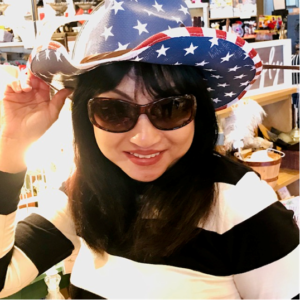 Notes from the intersection of ‘Too American’ and ‘Not American Enough’
Notes from the intersection of ‘Too American’ and ‘Not American Enough’
For Asian Pacific American Heritage Month
By Fielding Dean of Students Ruttanatip Chonwerawong (aka “Dr. Dang”)
This weekend at a volunteer event, another volunteer asked, “Where are you from?”
“Wisconsin,” I answered.
She smiled and said, “No, I meant, where are you really from?”
I paused, took a deep breath, forced a smile, and answered: “Well, do you have time to listen to my story? I would love to hear about where your ancestors came from, as well.”
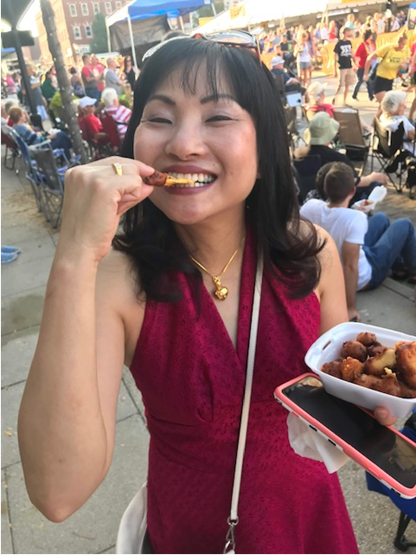
Dr Dang eating cheese curds at home in Wisconsin
This is a common occurrence when one is an Asian in America: being a “forever foreigner.” I don’t mind those inquiries most of the time because I do feel like an outsider as I navigate through life as a first-generation immigrant and a multi-lingual person. I feel as a part but never a whole. I am an American but I am never American “enough.” With my family, I am “too American” because of my strong belief in liberty, personal choice, and equity.
At times, in certain spaces, I feel uncomfortable or scared to be “different,” but one thing I know for certain is that I have never wished I weren’t Asian. Any disadvantages or privileges that come with my identity are socially constructed. These constructs are what others impose on me, and they attach their own meanings to what is seen and heard. Those imposed meanings weigh heavily on my shoulders and the shoulders of other Asian-Americans. Individually, we may be able to brush it off or seek refuge among people who share similar experiences, but collectively, we pay the price as a society.
I would like to take this opportunity to point out that the privilege bestowed upon us as model minorities not only places unrealistically high expectations on how Asian students perform academically, but it also creates a blindness to intersectionality.
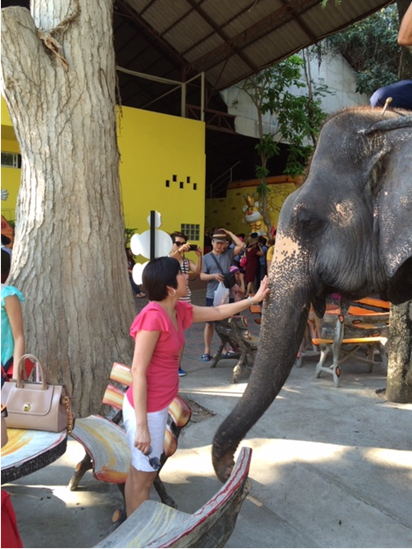
At home in Thailand
The model minority stereotype supports being Asian as a currency. That is, our skin color and socially-constructed racial category is used to determine our ability to succeed. The stereotype is so pervasive that it influences how Asian students are treated in the American education system. Despite the fact that research has shown that parent educational backgrounds and socio-economic status significantly impact educational outcomes, Asian students continue to be lumped together as a pan-ethnic group. There is not enough attention given to family income, immigration status, or parents’ education attainment. This results in many Asian students not getting the support they need, and oftentimes being made to feel that they don’t meet the expectations of their entire race.
Asian Pacific American Heritage Month is not a month to just celebrate our heritage; it is a call to reflect deeply on the relationship between stereotype and intersectionality. We are not monolithic but rather each of us is an intersection of both privileges and disadvantages which we consciously, unconsciously, and simultaneously place upon ourselves and each other.
Where am I really from? I am from multiple places that have informed my experiences and who I am. Similar to my American fellows, despite how I look or where my ancestors came from, I value the rights that come with my citizenship: equality, liberty, and education.
See our other post from Asian Pacific American Heritage Month.
Join Over 7,500 Fielding Alumni Located Around The World!
Change the world. Start with yours.™

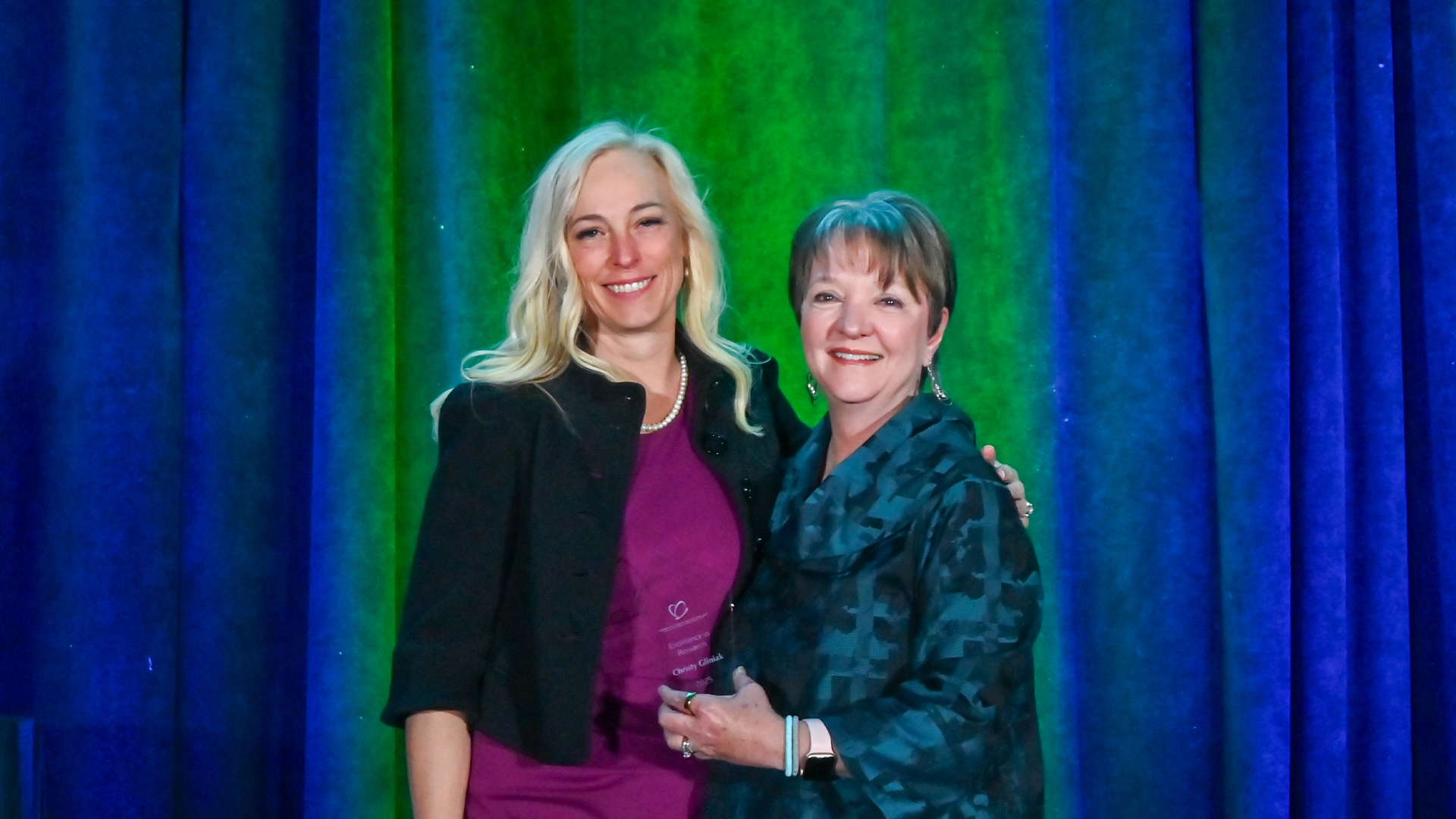
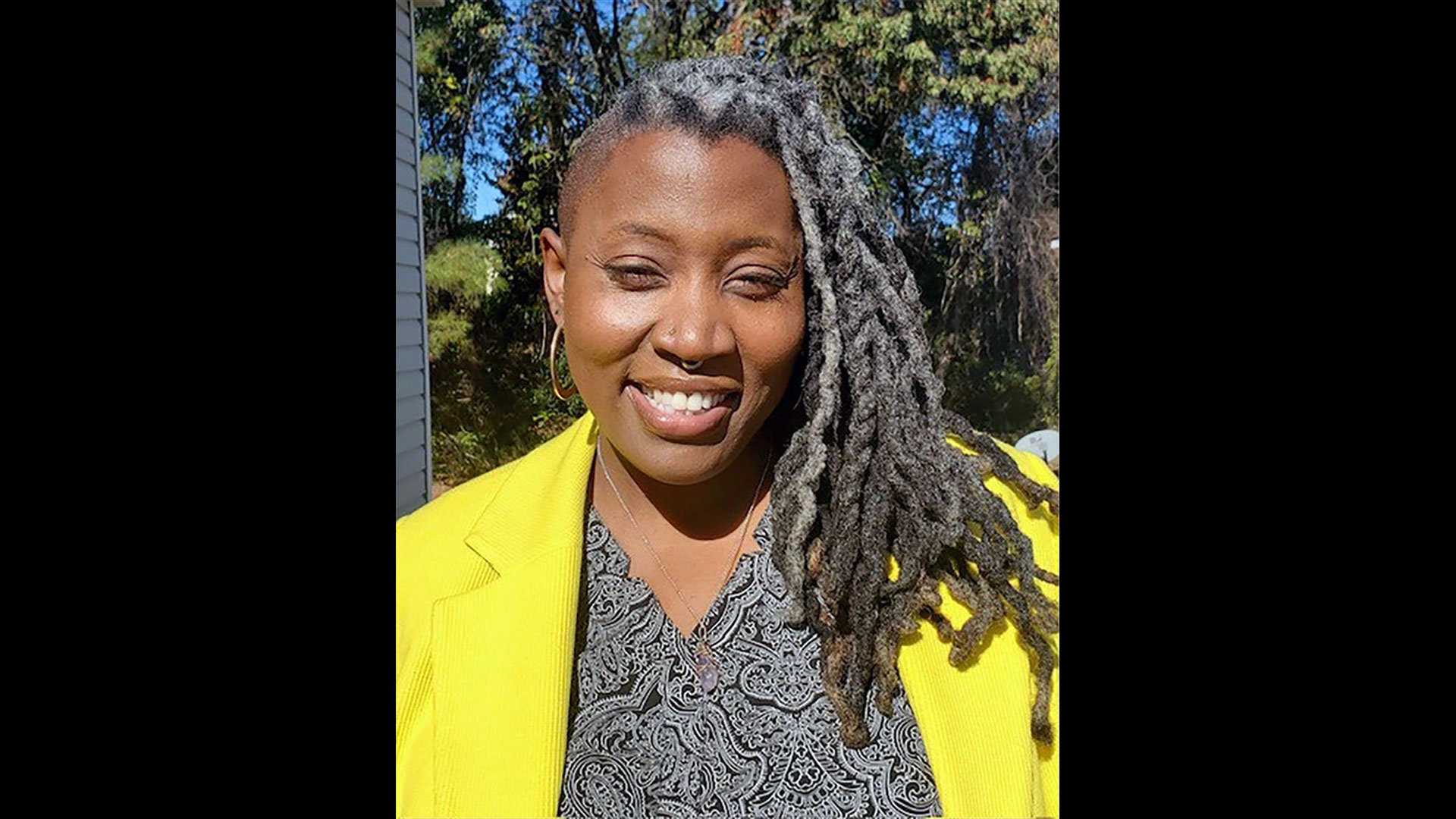



Get Social